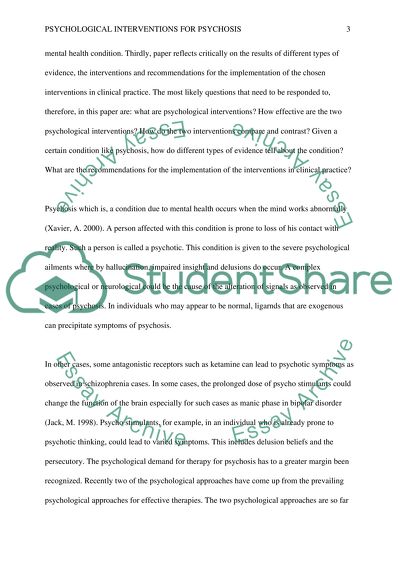Cite this document
(“Psychological Interventions for Psychosis Essay”, n.d.)
Psychological Interventions for Psychosis Essay. Retrieved from https://studentshare.org/psychology/1448093-applied-psychology-mental-health-or-physical
Psychological Interventions for Psychosis Essay. Retrieved from https://studentshare.org/psychology/1448093-applied-psychology-mental-health-or-physical
(Psychological Interventions for Psychosis Essay)
Psychological Interventions for Psychosis Essay. https://studentshare.org/psychology/1448093-applied-psychology-mental-health-or-physical.
Psychological Interventions for Psychosis Essay. https://studentshare.org/psychology/1448093-applied-psychology-mental-health-or-physical.
“Psychological Interventions for Psychosis Essay”, n.d. https://studentshare.org/psychology/1448093-applied-psychology-mental-health-or-physical.


